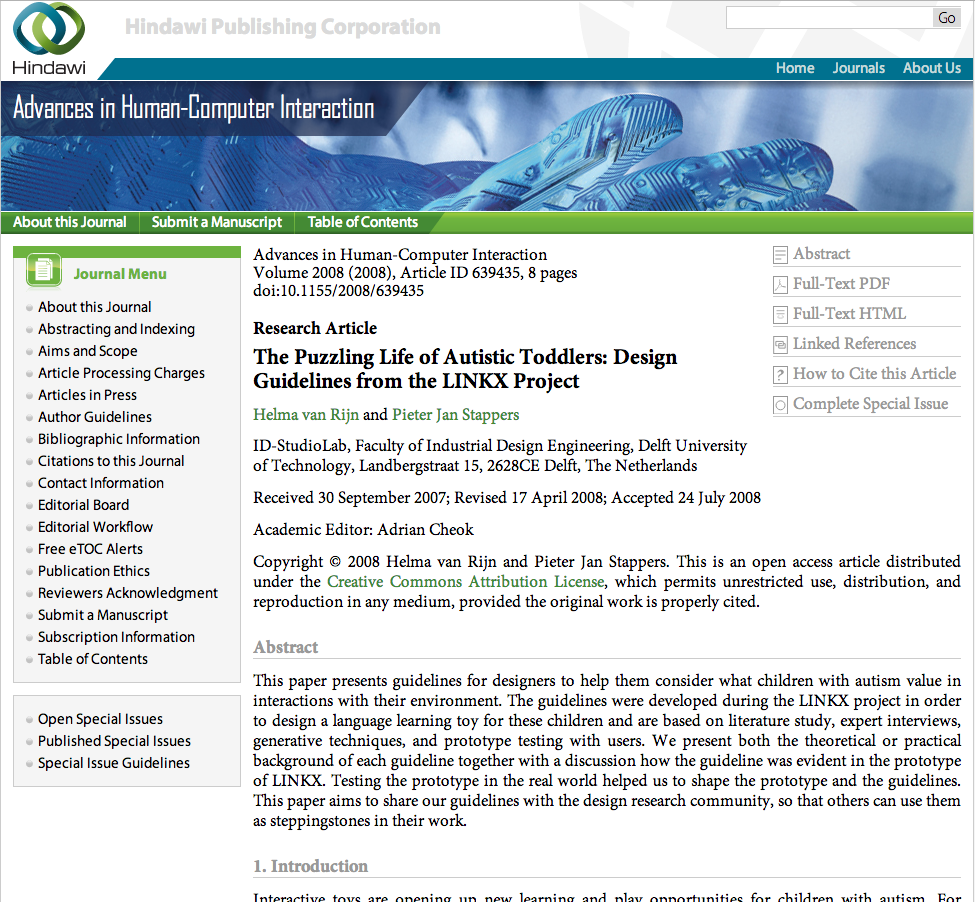
This paper presents guidelines for designers to help them consider what children with autism value in interactions with their environment. The guidelines were developed during the LINKX project in order to design a language learning toy for these children and are based on literature study, expert interviews, generative techniques, and prototype testing with users. We present both the theoretical or practical background of each guideline together with a discussion how the guideline was evident in the prototype of LINKX. Testing the prototype in the real world helped us to shape the prototype and the guidelines. This paper aims to share our guidelines with the design research community, so that others can use them as steppingstones in their work.